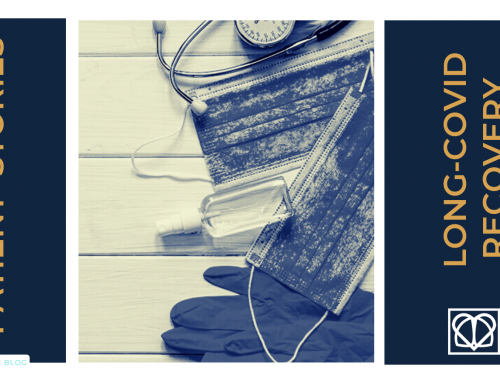A study earlier this year revealed that three in 10 adults suffer from breathlessness when undertaking everyday activities such as climbing the stairs. The study of 2,000 adults in the UK by the British Lung Foundation revealed that an average adult will feel breathless six times a week, mostly due to performing some form of light to moderate exercise. Nearly one in 10 struggle to pick something up off the floor without needing to catch their breath afterwards, and four in 10 have had to catch their breath after running for a bus.

Everyone is short of breath at some point – as soon as you do something that needs physical effort, your body needs more oxygen and energy, so becoming breathless is a natural physical response. But becoming significantly out of breath after light to moderate exercise, or performing simple tasks like walking up a few stairs or playing with your children, isn’t normal. If this happens, you should take advice and ensure that there isn’t an underlying issue.
What happens with breathlessness?
There are a number of reasons why you might have episodes of feeling short of breath. You could have a heart condition, a lung condition, suffer from anxiety or may just simply be unfit. Other factors also come into play, such as smoking, neuromuscular conditions, kidney or thyroid disease.
It’s also possible that your breathlessness isn’t caused by any of the above, but is due to a breathing pattern disorder.
You may have chronic breathlessness or acute breathlessness, depending on the underlying cause.
Chronic breathlessness develops over time and becomes a long term issue. If you have lung conditions such as COPD , asthma, asbestosis, lung cancer or interstitial lung disease (ILD), including pulmonary fibrosis, your breathlessness can have an increasingly negative impact on quality of life as it progresses.
Acute breathlessness happens suddenly and unexpectedly for a short time and should be looked into immediately.
What should you do?
Bearing in mind there could be a number of reasons why you’re feeling breathless, you really need to rule things out and get a definitive answer. It might be something that’s easy to deal with or it could be a more serious condition.
For example, if it’s a breathing pattern condition, then physiotherapy to learn how to correct your breathing technique can transform your breathlessness. If you’re unfit then understanding how to make improvements to your lifestyle is key. But there are also a number of people in the UK that are living with an undiagnosed lung condition, so seeking advice is very important. That way, you know exactly where you stand and what needs to be done in order to resolve your issues and cope with your symptoms.
Why not take the British Lung Foundation online breath test?! It’s a very simple test that takes about 5 minutes and could help you determine if you should get it checked out.
Seeking advice
If you decide to seek medical advice about your breathlessness, you’ll need to visit your GP. You’ll need to explain the circumstances around how you’re feeling, what’s changed and why you’re concerned.
You may be assessed using the Medical Research Council (MRC) breathlessness scale. This is a scale that simply shows what types of activities your breathlessness prevents you from doing.
Grade Degree of breathlessness related to activities
1 Not troubled by breathlessness except during strenuous exercise
2 Short of breath when hurrying on the level or walking up a slight hill
3 Walks slower than most people on the level, stops after a mile or after 15 minutes walking at own pace
4 Stops for breath after walking 100 yards or so, or after a few minutes on level ground
5 Too breathlessness to leave the house, or breathlessness when undressing
Depending on the underlying cause you may be asked to take further tests such as a chest X-Ray, a spirometry test, blood test or an electrocardiogram or ECG. Your health care professional will then look at all possible causes related to your individual circumstances to provide a diagnosis.




